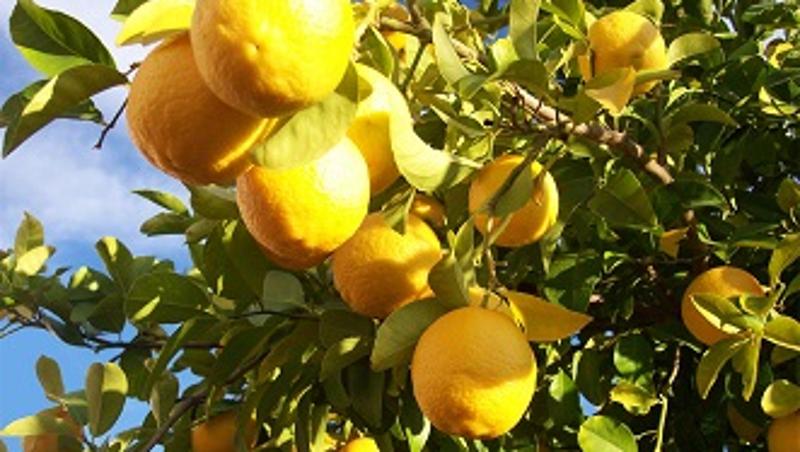
People with backyard lemon trees in Brisbane, the Sunshine Coast, Stanthorpe, Cairns and Bundaberg are urged to donate fruit to help an important national biosecurity project.
Dr David Murphy from QUT’s Earth, Environmental and Biological Sciences School, is running the Queensland component of a project funded by the Australian Plant Biosecurity Cooperative Research Centre with the aim to test if analysis on fruit flies can be used to identify the locality where the fruit fly grew up.
“We are urgently after samples of the popular Meyer variety lemons in particular and need 6-10 lemons from each tree as well as a sample of the soil it is grown in,” said Dr Murphy.
“It is currently the ideal time to collect lemons and we need them before the second week of April. I am looking for six sites in each region and will be able to send collectors to pick up samples and a small quantity of soil.”
According to Plant Health Australia, fruit flies attack a wide range of fruit and vegetables globally. In Australia, some species of exotic fruit fly have the potential to reduce the capacity to trade in domestic and international horticultural markets with an average annual value of $4.8 billion.
“Queensland has a significant fruit fly problem and this project, which is also using fruit from New South Wales, South Australia, Western Australia and New Zealand, is designed to work out whether the fruit flies are local to the areas in which they are found or whether they have arrived with infested fruit transported in,” said Dr Murphy.
“If they have arrived from elsewhere then this requires quite a different scale of quarantine response than if they are local.
“We have no problem getting fruit from farmers but we want to extend the search outside of the major fruit growing regions of Australia and that’s where the home gardener can be a great help.
“The lemons will be used to grow fruit flies. The soil samples and the fruit flies will then be analysed using geochemical techniques to assess if there is a discernible geographically/geologically distinct signature for each region. We are looking for the ‘terroir’ of fruit flies, much like in grapes used for wine-making.”
To volunteer your lemons for the project, contact Dr Murphy at david.murphy@qut.edu.au
QUT is part of a national collaborative group of five major Australian universities that form the ATN (Australian Technology Network of Universities).
Media contact:
Amanda Weaver, QUT Media, 07 3138 1841, amanda.weaver@qut.edu.au
After hours: Rose Trapnell, 0407 585 901, media@qut.edu.au


